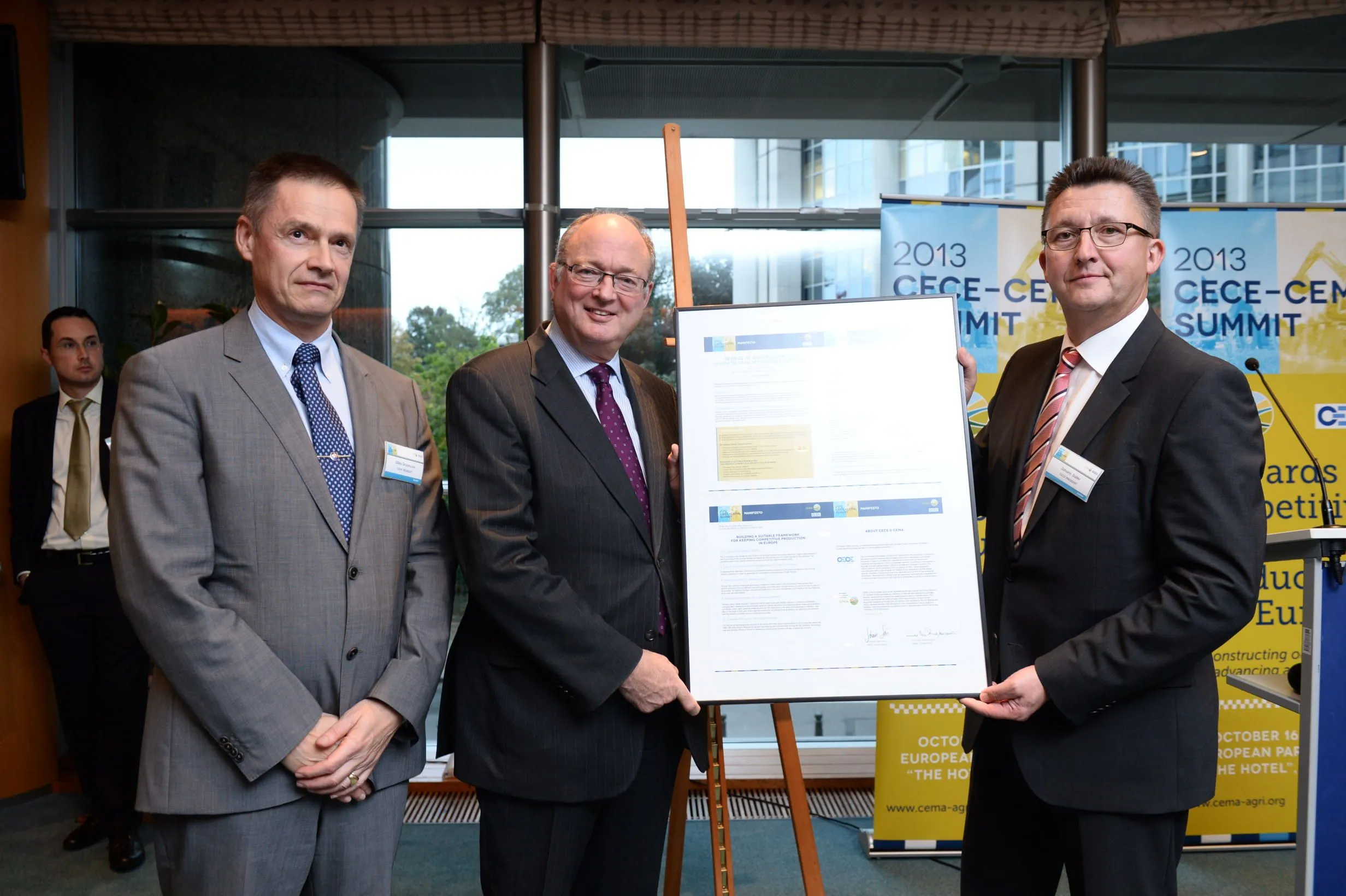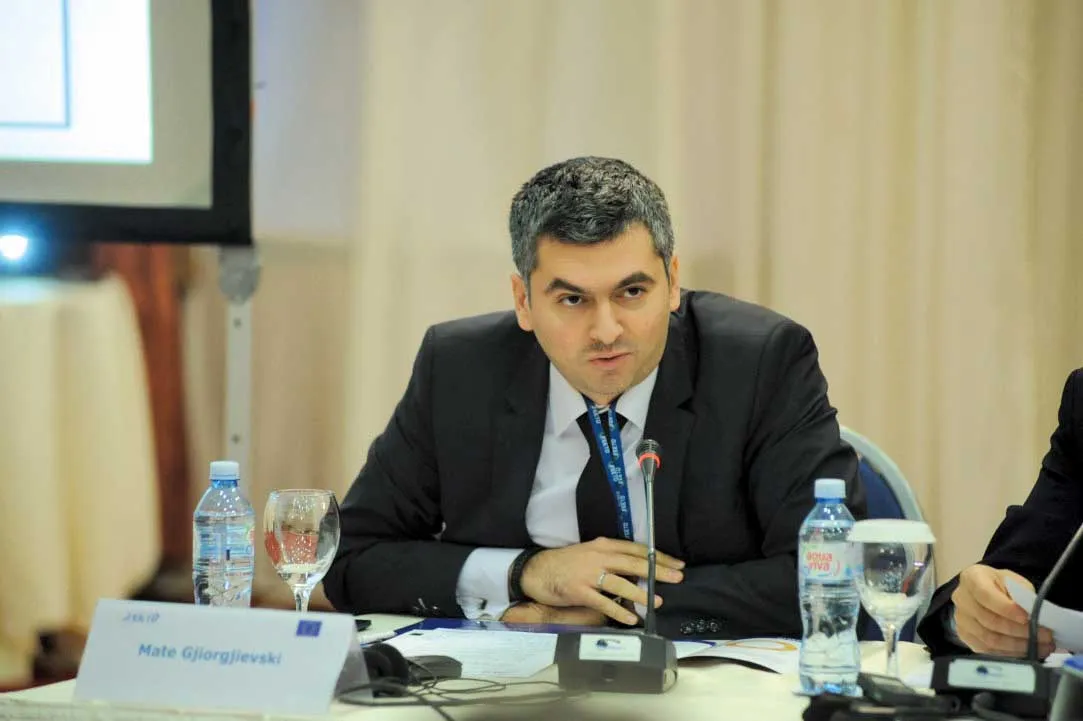The European Construction Industry Federation (FIEC) is calling on the European Governments to recognise the importance of investing in infrastructure. The FIEC says it recognises the challenging economic climate and the need for governments to cut unsustainable levels of public debt. But FIEC president Luisa Todini commented, “Austerity is however not a solution by itself.” Europe’s transport, energy and telecommunication networks are the backbone of the EU internal market, ensuring that goods and services
April 24, 2012
Read time: 3 mins
RSSThe 6164 European Construction Industry Federation (FIEC) is calling on the European Governments to recognise the importance of investing in infrastructure. The FIEC says it recognises the challenging economic climate and the need for governments to cut unsustainable levels of public debt. But FIEC president Luisa Todini commented, “Austerity is however not a solution by itself.”
Europe’s transport, energy and telecommunication networks are the backbone of the EU internal market, ensuring that goods and services are delivered across the continent. The FIEC points out that cutting investment in infrastructure sabotages future growth for jobs and competitiveness. Only with renewed economic growth can government debt be kept low in the longer term.
In this context, the1116 European Union has a vital role to play in ensuring targeted investment in viable infrastructure projects is maintained to enable long-term sustainable growth. Amongst the existing growth levers and in the framework of the starting discussions within the European Parliament on the financing of infrastructure, FIEC is in favour of the proposal for a Connecting Europe Facility. This financing framework, together with a coherent policy for infrastructure, is crucial for Europe. FIEC believes that the Connecting Europe Facility is part of the solution to meet the challenges that the EU and Member States face.
The2465 European Commission estimates that, by 2020, the TEN-T will require about €500 billion; electricity and gas networks will require about €200 billion and ultra-fast broadband will need €270 billion.
Considering these needs, FIEC supports the Commission’s financial proposal amounting to €50 billion for the 2014-2020 period. Moreover, Todini stressed, “This amount should not be cut drastically in the negotiations on the future EU financial perspective for 2014-2020 as has been the case in the past.”
Furthermore, FIEC supports a healthy balance between public and private investment in this field. Innovative financial instruments proposed by the Commission, such as Project Bonds, are welcome but, given restricted access to credit, they cannot replace an effective policy of long-term public investment. Much existing infrastructure in Europe is ageing and was built at a time when markets were national or local. But a European approach to infrastructure must be built to complete missing links that stand in the way of unbridled trade across EU borders with the growth and jobs that accompany it, according to the FIEC.
Europe’s transport, energy and telecommunication networks are the backbone of the EU internal market, ensuring that goods and services are delivered across the continent. The FIEC points out that cutting investment in infrastructure sabotages future growth for jobs and competitiveness. Only with renewed economic growth can government debt be kept low in the longer term.
In this context, the
The
Considering these needs, FIEC supports the Commission’s financial proposal amounting to €50 billion for the 2014-2020 period. Moreover, Todini stressed, “This amount should not be cut drastically in the negotiations on the future EU financial perspective for 2014-2020 as has been the case in the past.”
Furthermore, FIEC supports a healthy balance between public and private investment in this field. Innovative financial instruments proposed by the Commission, such as Project Bonds, are welcome but, given restricted access to credit, they cannot replace an effective policy of long-term public investment. Much existing infrastructure in Europe is ageing and was built at a time when markets were national or local. But a European approach to infrastructure must be built to complete missing links that stand in the way of unbridled trade across EU borders with the growth and jobs that accompany it, according to the FIEC.









